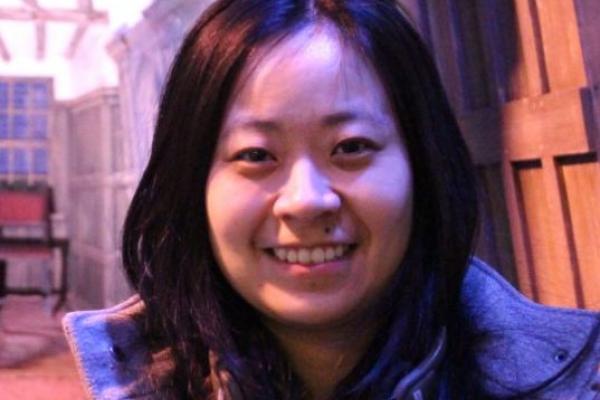
Institute for Chinese Studies presents the "China and the International Mediasphere" Lecture Series
"How Language Informs Society: Dialect Variation in Beijing"
Hui Zhao, PhD Candidate
Queen Mary University of London
Visiting Scholar at The Ohio State University
Flyer: ![]() Annette Zhao Flyer.pdf
Annette Zhao Flyer.pdf
Abstract:
The post-reform Chinese society is a fascinating site for sociolinguists interested in the relationship between language variation and its boarder social environment. Started in the 1970s, the market economy reform has brought about changes to the tightly-controlled socialist society, especially in terms of class stratification (Lu, 2002) and gender equality (Huang, 2008; Zuo, 2003). This, in turn, has influenced people’s linguistic practice and more importantly, how language can be used not only to reflect social structures but also to actively construct social identity. For instance, in the capital city of Beijing, research has shown that business managers make use of local and non-local linguistic features to construct their professional personae (Zhang, 2005, 2007).
Also situated in Beijing, Zhao’s project investigates how young adults with a working/lower-middle class background utilise features from Beijing dialect to construct their identity both as native Beijingers and as future professionals on the job market. For this talk, Zhao will focus on demonstrating how the variation in their language production and perception can inform us about the increasingly classed and gendered modern Chinese society.
Bio:
Hui Zhao (Annette Zhao) is a PhD student at Queen Mary University of London and currently visiting the linguistics department at Ohio State University. Zhao’s principal research interest lies in the sociolinguistics of Mandarin Chinese – how and why speakers vary in their language use and what language variation tells us about the changing society in China. Her PhD research investigates how young adults in Beijing use local and ‘standard’ features to negotiate their social identities and gender roles in an increasingly socially-stratified Chinese society. Zhao is particularly interested in phonetic/phonological variation but her doctoral project also investigates lexical and syntactic features. She also finds the perception of language (variation) interesting, both as an independent discipline (perceptual dialectology) and as a method to better understand the production of language variation. Zhao’s MA thesis explores the perception of Neutral Tone in Mandarin Chinese while her current project studies the perception and production of Beijing dialect features.
This event is sponsored in part by a U.S. Department of Education Title VI grant for The Ohio State University East Asian Studies Center.
